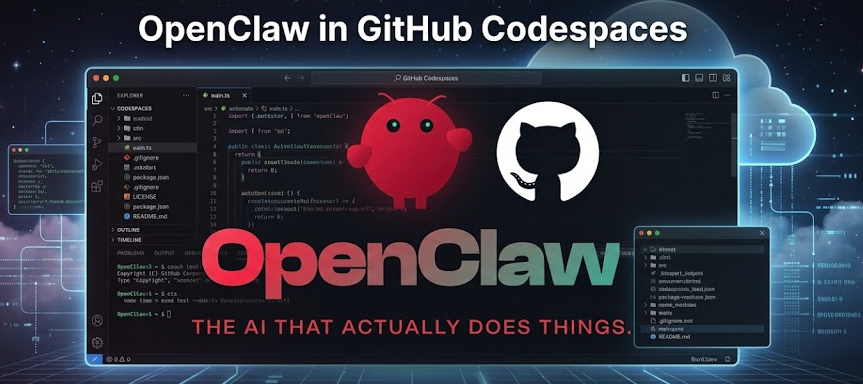OpenAI Edge TTS is an open source project that provides an OpenAI-compatible native text-to-speech (TTS) API that uses Microsoft Edge's online text-to-speech service to allow users to generate high-quality speech output.OpenAI Edge TTS supports a wide range of speech options and playback speeds, and is capable of generating a wide range of audio formats. OpenAI Edge TTS supports a wide range of speech options and playback speeds, and can generate multiple audio formats. The service can be deployed via Docker or Python for quick and easy access.
Related items:edge-tts: Text-to-Speech Python Module | Free Text-to-Speech Service 、Edge TTS Worker: Deploying Microsoft Speech Synthesis APIs with Cloudflare, OpenAI Compatible Format and Wrapped Web Interface

Function List
- OpenAI Compatible Endpoints: Supports the same request structure and behavior as OpenAI TTS endpoints.
- Multiple voice support: Mapping OpenAI speech to Edge TTS equivalent speech.
- Flexible Audio Formats: Supports MP3, Opus, AAC, FLAC, WAV, PCM and many other audio formats.
- Adjustable playback speed: The playback speed can be adjusted from 0.25x to 4.0x.
- Direct selection of Edge TTS voice: You can use OpenAI voice mapping or specify any Edge TTS voice directly.
Using Help
Installation process
Deploying with Docker (recommended)
- clone warehouse:
git clone https://github.com/travisvn/openai-edge-tts.git
cd openai-edge-tts
- Creating an environment variable file: Create the following in the project root directory
.envfile containing the following variables:
API_KEY=your_api_key_here
PORT=5050
DEFAULT_VOICE=en-US-AndrewNeural
DEFAULT_RESPONSE_FORMAT=mp3
DEFAULT_SPEED=1.2
DEFAULT_LANGUAGE=en-US
REQUIRE_API_KEY=True
REMOVE_FILTER=False
EXPAND_API=True
- Run Docker Compose:
docker compose up --build
To run in the background, use the -d Parameters:
docker compose up -d
Deploying with Python
- clone warehouse:
git clone https://github.com/travisvn/openai-edge-tts.git
cd openai-edge-tts
- Setting up a virtual environment:
python3 -m venv venv
source venv/bin/activate
- Installation of dependencies:
pip install -r requirements.txt
- Creating an environment variable file: Create the following in the project root directory
.envfile containing the above variables. - Operations Server:
python app/main.py
Instructions for use
- Accessing the API: After deployment is complete, the server will run
http://localhost:5050The API endpoint can be accessed by sending an HTTP request. API endpoints can be accessed by sending HTTP requests/v1/audio/speech。 - Generate Speech: sends a POST request to
/v1/audio/speechThe request body contains the following JSON data:
{
"text": "Hello, world!",
"voice": "en-US-AndrewNeural",
"format": "mp3",
"speed": 1.0
}
- Adjusting the playback speed: Modification
speedparameter, ranging from 0.25 to 4.0. - Select Voice: Use
voiceparameter specifies the voice, supported voices includealloy,echo,fable,onyx,nova,shimmeretc. - audio format: Use
formatparameter specifies the audio format, which supportsmp3,opus,aac,flac,wav,pcmetc.
By following these steps, users can easily deploy and use the OpenAI Edge TTS service to generate high-quality text-to-speech output.































